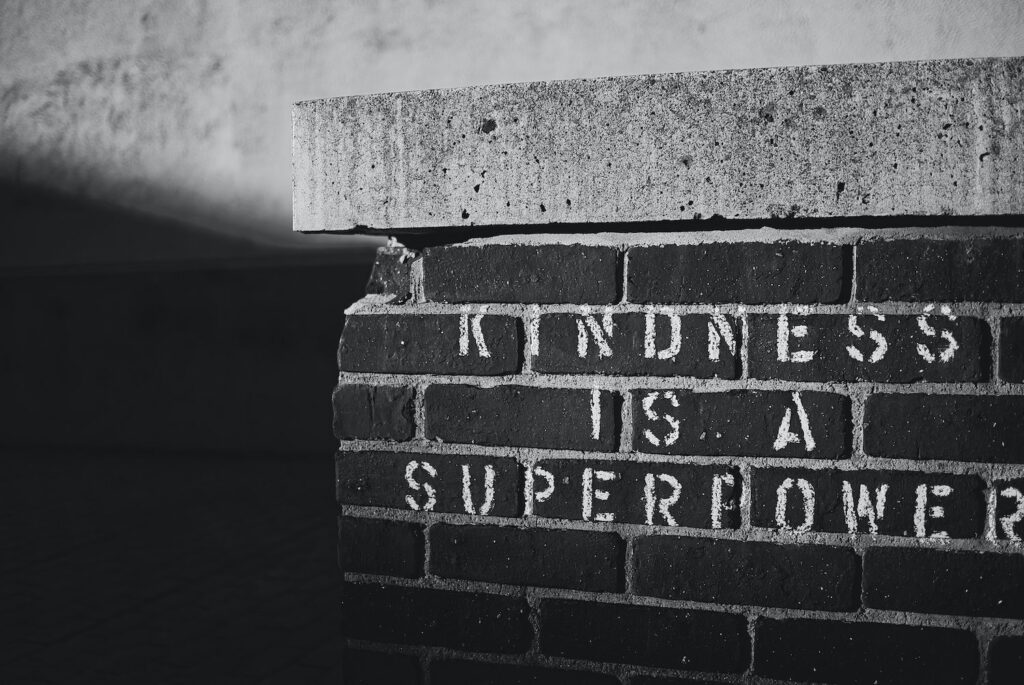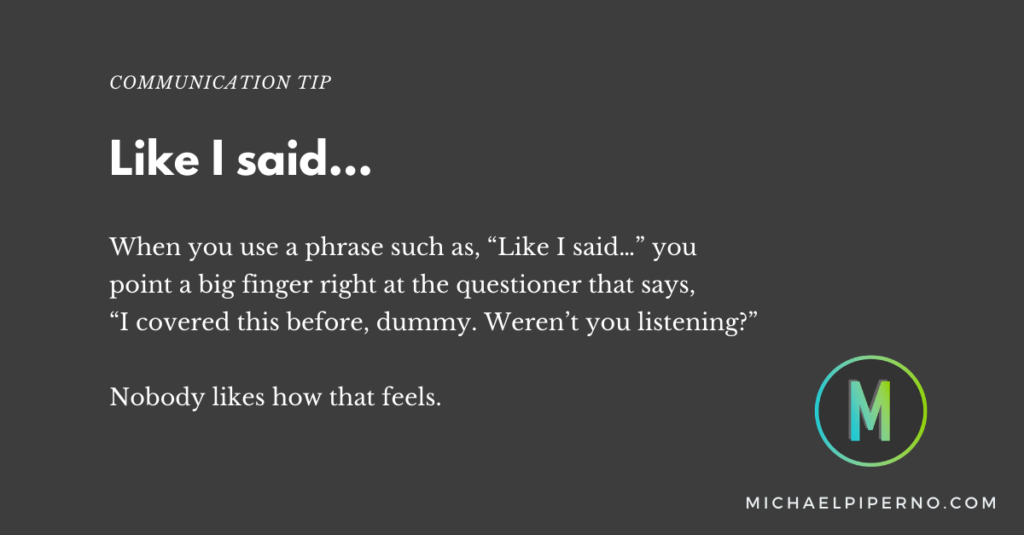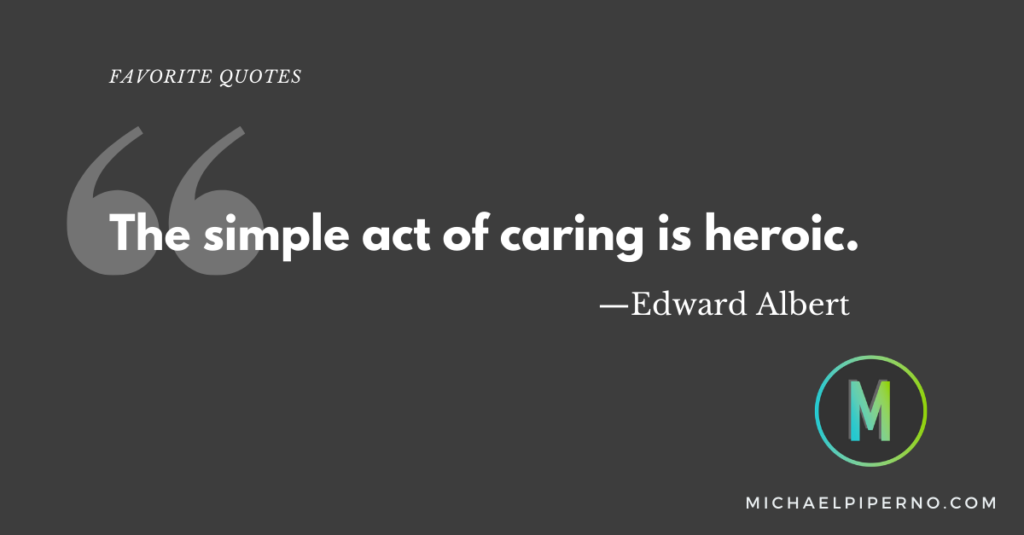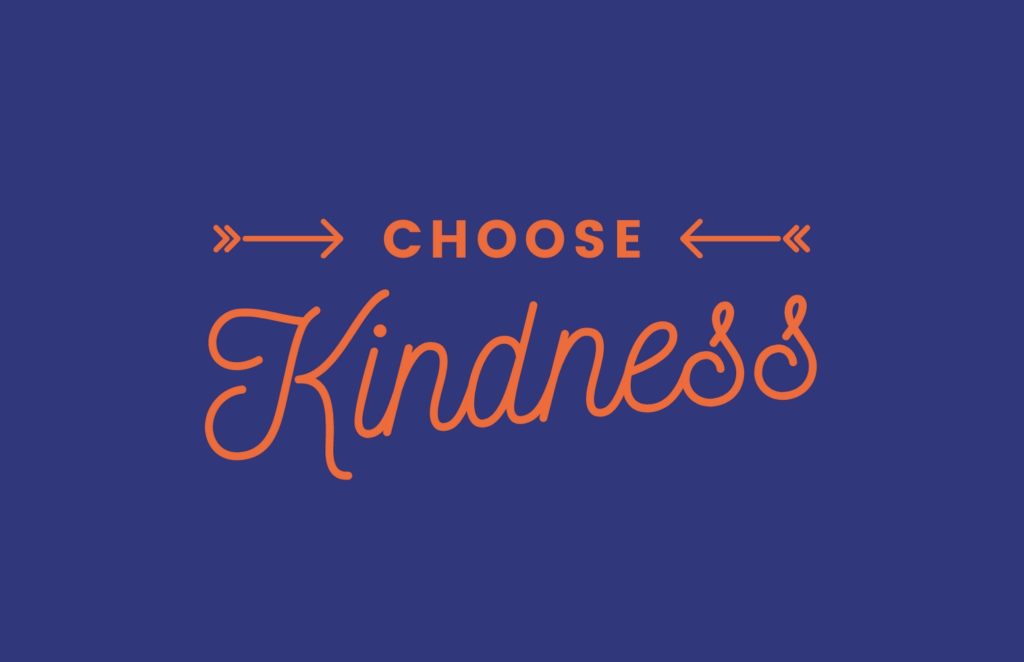The Depth of Insecurity
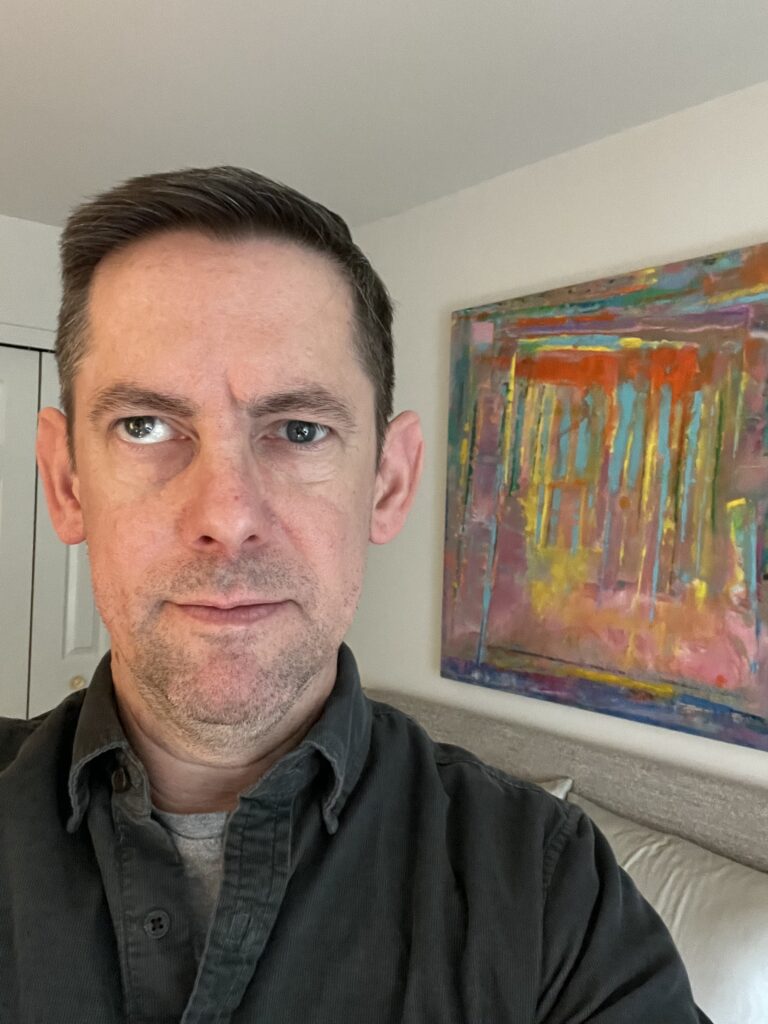
I have no depth perception…
That’s right. I don’t see the world in 3D like most do.
So, when I reach out to shake your hand, or give you a fist bump, I’ll likely be slightly off in my grip or knuckle to knuckle connection. I’m relying on a 2-dimensional image, so I’ll need the actual sensation of touch before I know for sure that I’m meeting your hand.
When you throw me something, I’ll never catch it. Never. I can’t tell exactly where it is in the air.
And when I make eye contact, you might think I’m not looking at you. Only one eye will be able to do that. The other will be looking either left or right unless I focus all my energy trying to keep them somewhat straight (which is exhausting).
3 eye surgeries and countless hours doing exercises as a young kid to try to make my lazy eye straighten up didn’t work.
Why am I sharing this with you?
Because I used to let this “defect” (in quotes because in the past, that’s the way I felt about it) make me feel insecure.
Not just a little. Deeply.
- I hated looking at pictures of myself.
- I loathed seeing myself on video.
- I would feel incredibly embarrassed when I would misjudge the distance to someone’s hand for a handshake and grab them slightly awkwardly.
- The act of looking someone, or an entire audience, in the eye made me uncomfortable.
As a leader (and we’re all leaders when we are working to inspire others and help people be their best), you might have something you feel insecure about.
It might be something people can see. It might be something that’s only on the inside.
Maybe it’s a gap in knowledge. Or a fear…
It doesn’t matter what it is.
Don’t let it cloud all the good and amazing things you bring to the table.
I no longer care that I can’t catch. If someone thinks I look goofy in a photo or video, that’s their issue. It’s no longer mine.
Just don’t ever throw me anything breakable. That won’t end well. 😉
What can you let go of today that’s been making you feel insecure or that’s holding you back?
The Depth of Insecurity Read More »

